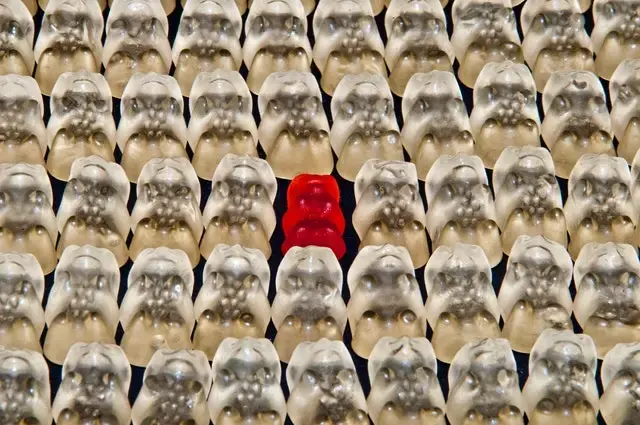I was speaking to a Journeyman Heavy Equipment Technician recently who passed on some sage-like advice, he said: “It’s not what you know, It’s how you think.” We were talking about an opportunity with a shop that built custom equipment, as it was all custom there were no diagnostic scan tools available for technicians so they had to troubleshoot the old fashioned way.
What he said stuck with me because he was absolutely right. It is impossible for any mechanic to know everything, there are too many different brands, models, types of equipment, etc. To be a good mechanic you need to go back to the fundamentals and know how things work. If you understand the principles behind how a diesel engine functions, even if it is a model you have never worked on you should be able to figure it out.
Too many technicians rely on their scan tools and are useless without them because they do not think about the theory behind what they are doing. This also leads to a lot of technicians that are really more parts changers than mechanics.
The most important skill for any mechanic is the ability to troubleshoot. Sometimes, this means slowing down and thinking before jumping in. I see a lot of younger technicians that seem to act before they think. They get all gung-ho about a repair and start ripping a machine apart before they actually stop and think about why the issue may be happening in the first place. I.e. the brakes are failing so they jump in and quickly replace the brakes and send the unit on its a way. That is great but no thought was given as to why they were failing. They have treated the symptom, not the cause. That unit may be back soon because the underlying issue is still there.
Good Mechanics, usually those that have been around for a while will take their time to figure out what the real problem is and fix that. Sometimes this can be something super simple that is causing havoc elsewhere but it takes an experienced technician who is thinking about things a little differently to get the job done.
Scan tools are great, they can help cut down on time spent diagnosing but don’t let them replace your most important tool, your brain! I will always recommend taking as many training courses as you can but knowledge by itself is not enough, “It’s not what you know, it’s how you think!”
If you have any further questions, feel free to give us a call at 1-833-937-3546



